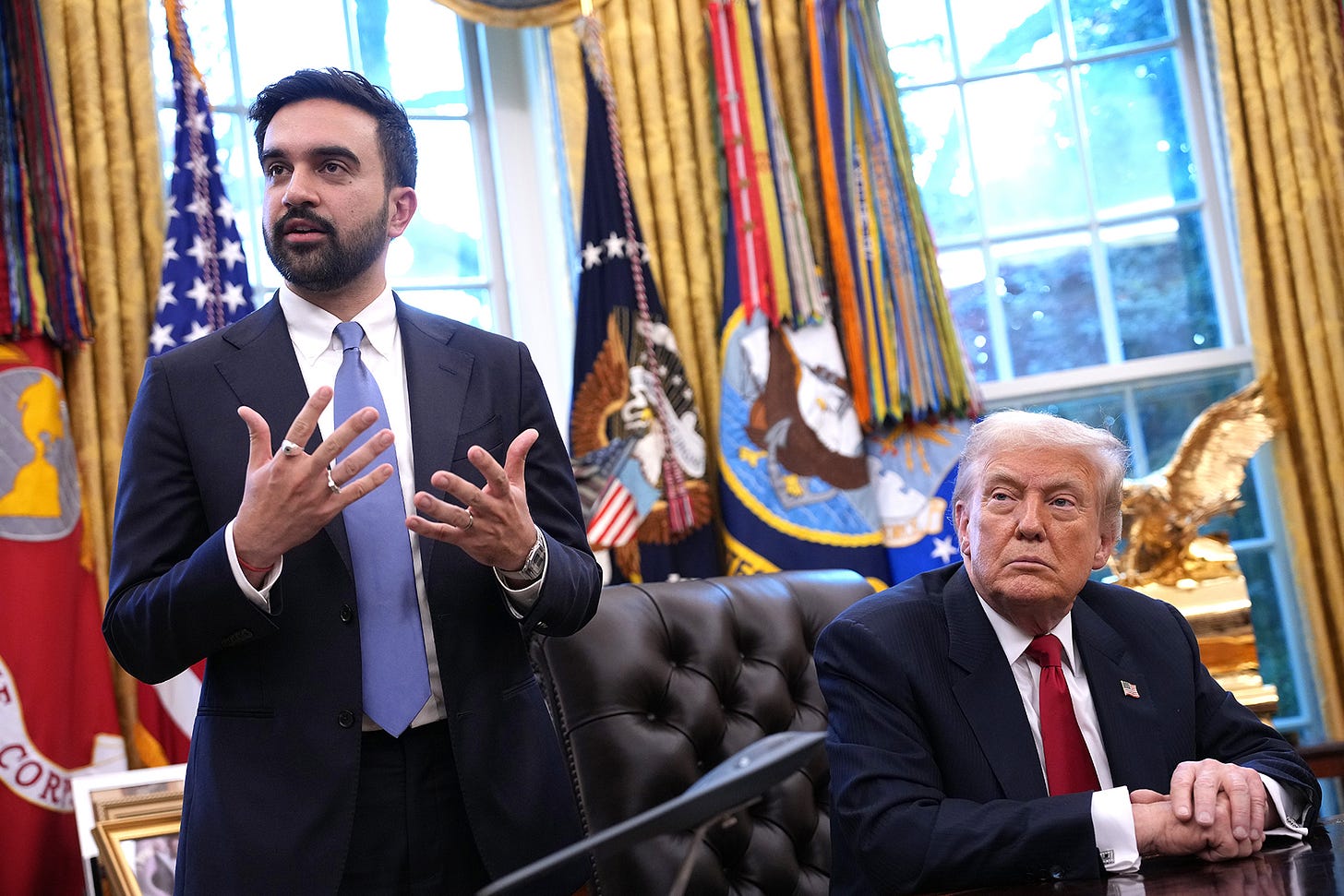How to Actually Talk About Politics at Thanksgiving
We should all stop mimicking the same political class that’s made us feel so polarized in the first place.

Every Thanksgiving, at least in the US, there’s routine fodder plated up as an appetizer: ‘Here’s what experts say’-style articles providing tips to script away discomfort. Be careful whom you invite. You don’t have to argue about everything. Agree to disagree. Leave politics off the table. Compromise. And so forth.
This advice is not always necessarily wrong. But the genre feels degrees away from the guidance politicians get from overpaid suits-and-ties: Sanitize your views, pre-empt tough conversations, smooth over possible friction by ‘meeting someone where they are’ – which they translate to ‘watering yourself down.’ It’s all about appearing pragmatic, respectable, realistic.
Sometimes, it feels like we put on those ties, too. Instead of just saying what we think, we hyperfocus on what we believe other people think. Fixating on polls and whether something helps a political party overshadows the stakes of an issue itself.
We don’t talk about displaced migrants, we talk about campaign ads. We don’t talk about poisoned lakes or dying bees, we talk about how a hypothetical median voter feels about kids defacing a glass-protected painting in an act of climate-inspired protest. We don’t talk about 20,000 killed children in Gaza, we talk about how discussing this or that does not help your cause.
Talking about politics can feel so steeped in secondhand opinion it becomes unclear what we ourselves think. When we behave this way, we aren’t fueling productive discourse. We’re just mimicking the same political class that’s helped make us feel so polarized in the first place.


